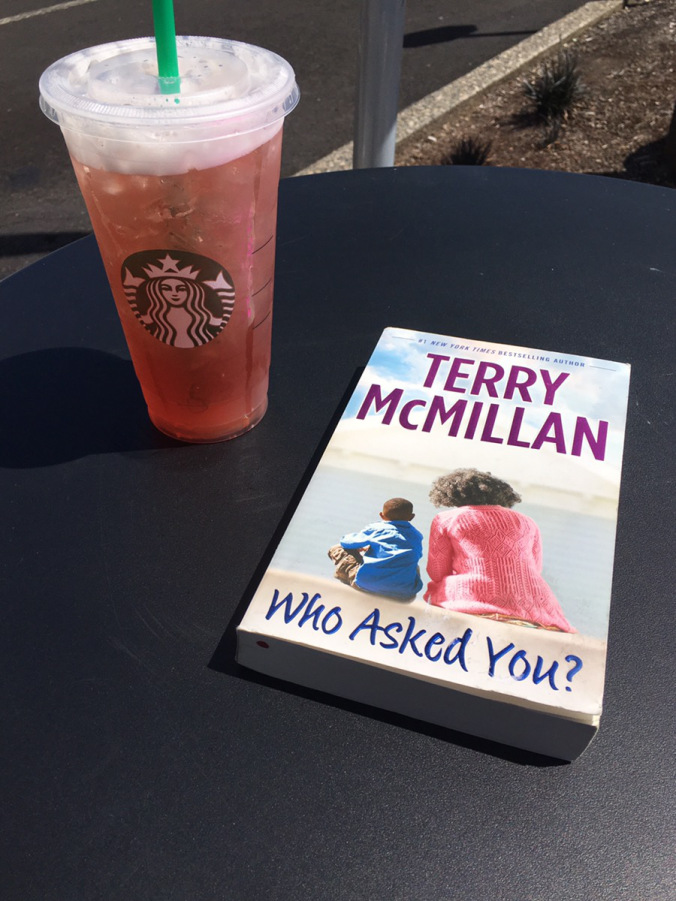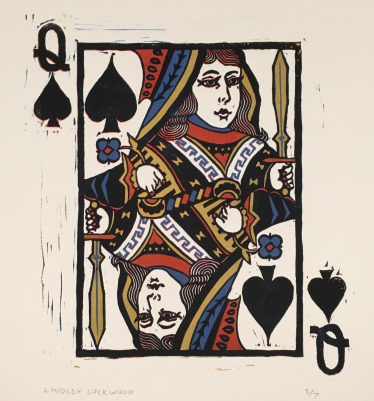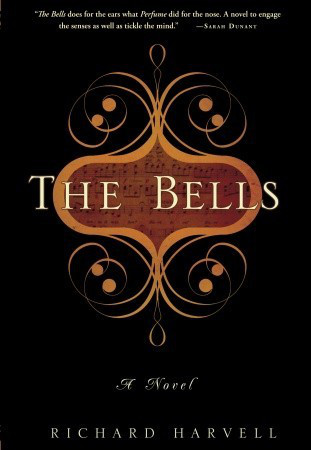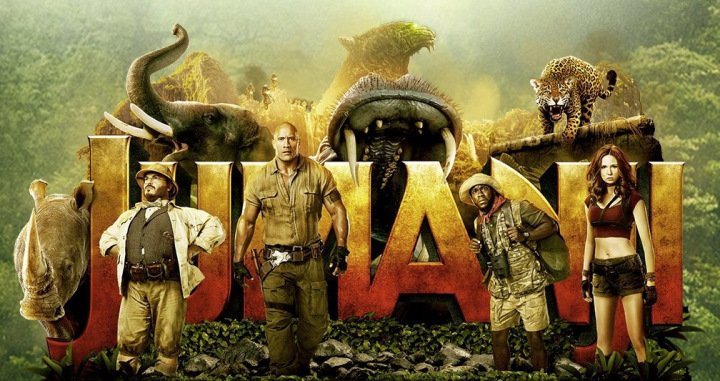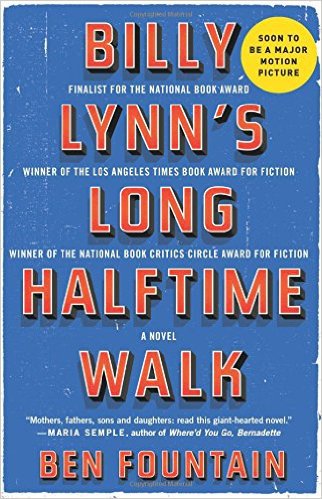 One of my all-time favorite novels is Joseph Heller’s seminal World War II satire Catch-22, a vicious, funny, trenchant take on the insanity of war. So when I heard numerous comparisons between Ben Fountain’s Billy Lynn’s Long Halftime Walk and Heller’s masterpiece, it would be safe to say that my interest was piqued. I’m fascinated by portraits of war with a satirical bent – it’s no accident that so much of my bookshelf is filled with writings about and from the Vietnam War – and the idea of finding a modern take on all of that was super up my alley.
One of my all-time favorite novels is Joseph Heller’s seminal World War II satire Catch-22, a vicious, funny, trenchant take on the insanity of war. So when I heard numerous comparisons between Ben Fountain’s Billy Lynn’s Long Halftime Walk and Heller’s masterpiece, it would be safe to say that my interest was piqued. I’m fascinated by portraits of war with a satirical bent – it’s no accident that so much of my bookshelf is filled with writings about and from the Vietnam War – and the idea of finding a modern take on all of that was super up my alley.
Having read Billy Lynn finally, I totally understand those comparisons; while Billy Lynn is very different from Catch-22, there’s much of the same DNA to be found there: a horror at the violence of war and the way it kills part of us; the conflict between a desire to support your friends and a disgust at the war as a concept; an unflinching look at the way war changes those who fight in it. But Billy Lynn has a very different primary target than Catch-22; while Heller was primarily focused on the insanity of war, Fountain wants to question American “patriotism,” with its easy platitudes, empty cliches, and pointless grandstanding that has little bearing or meaning on the conflict and those who fight in it.
Set entirely during a Dallas Cowboys football game, Billy Lynn’s Long Halftime Walk follows our title character and his fellow grunts from Bravo Platoon as they are theoretically being honored for wartime valor. Survivors of a battle that was captured on video that became a viral hit, especially on Fox News, Lynn and his platoon mates are on a “victory tour” around the country, which mainly means that they’re used in photo ops, forced to endure awkward handshakes and congratulatory ceremonies, and deal with an agent who’s in the midst of attempting to turn their story into a film. Meanwhile, Bravo Platoon is dealing with their own issues: an inability to fit back into the home front, a rapidly growing disgust at the disconnect between themselves and those who they’re protecting, and their increasing unease at their impending return to Iraq and the battle front.
All of which sounds like heavy fare, and in lesser hands, it could be. But in Fountain’s hands, Billy Lynn is rapid-paced, funny, moving, and just plain incredible. From the pitch-perfect depiction of every platitude every soldier hears to his capturing of the vulgar, violent repartee of the soldiers, Fountain gives us a picture of barely controlled anarchy, as Bravo jeers at the civilians who don’t understand them, leers after the members of Destiny’s Child (from a distance, of course), comments on politics, and find a way to make peace with their largely symbolic role in everything around them. Plunging us into the title character’s running commentary, Fountain gives everything a perfectly arched approach, both understanding the awkwardness of all of these events but also the distance between Billy and a world that only loves the idea of him, not the reality. Lynn isn’t some warrior poet, some complex philosopher; he’s a roughneck, albeit one smart enough to see through the pomp and circumstance and roll his eyes at the ridiculously contrived patriotism on display, and see how it’s all about theater, not true love of country.
But more than that, Fountain never lets his themes and ideas overtake the characters and the emotional rhythms of the story. Yes, this is a book about how American patriotism has become a political necessity, and a ticket for grandstanding; yes, it’s a book that’s entirely focused on how soldiers are often only thought of in theory, of how we cope with war by imagining it as a movie, and of how we so often forget our wars or only think of them in abstract terms. But even with all of that, what sticks out in Billy Lynn’s Long Halftime Walk are the small moments – the trauma as the PTSD kicks in for our soldiers during an absurd halftime show, the rhythms the soldiers have developed in dealing with older men who have their own stories, the profane but hilarious banter between men who have long since quit caring about social norms, the dead-on capturing of every single cliche (my favorite is Fountain’s repurposing of 9/11 as “nina leven,” a meaningless phrase without clear impact anymore)…it’s these moments that make Billy Lynn so effective. Like Catch-22, its targets are clear, its humor sharp, its chaos perfectly controlled – but more than that, it’s the book’s humanity and heart that makes it so great.
Amazon Advertisements Share this:
